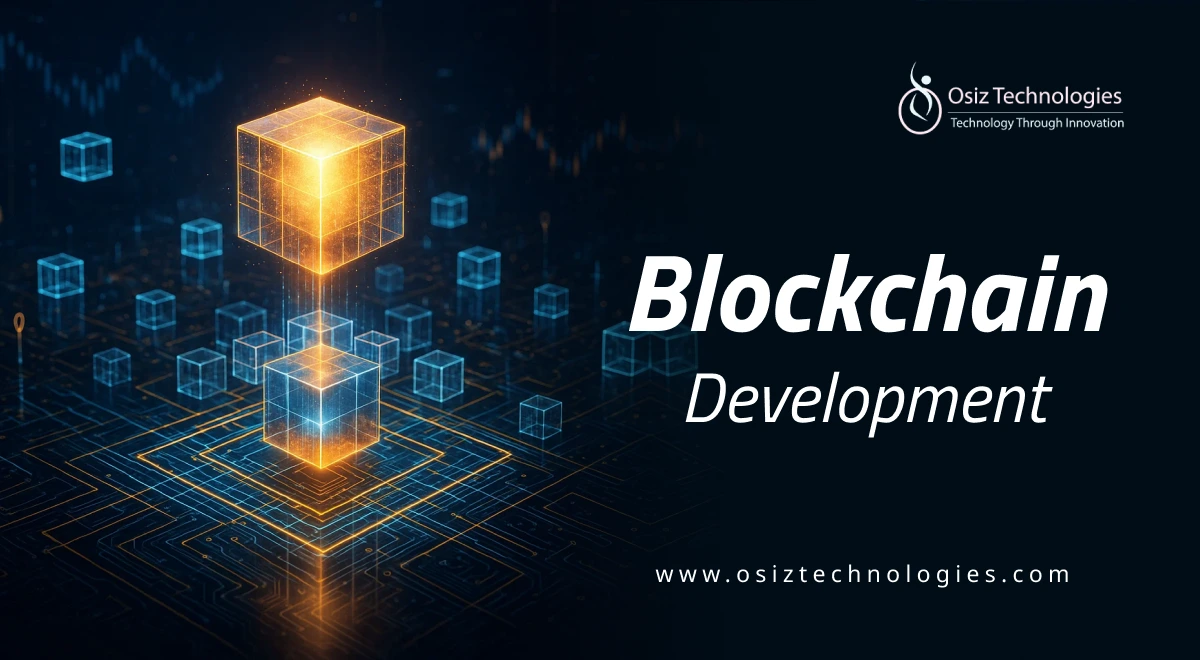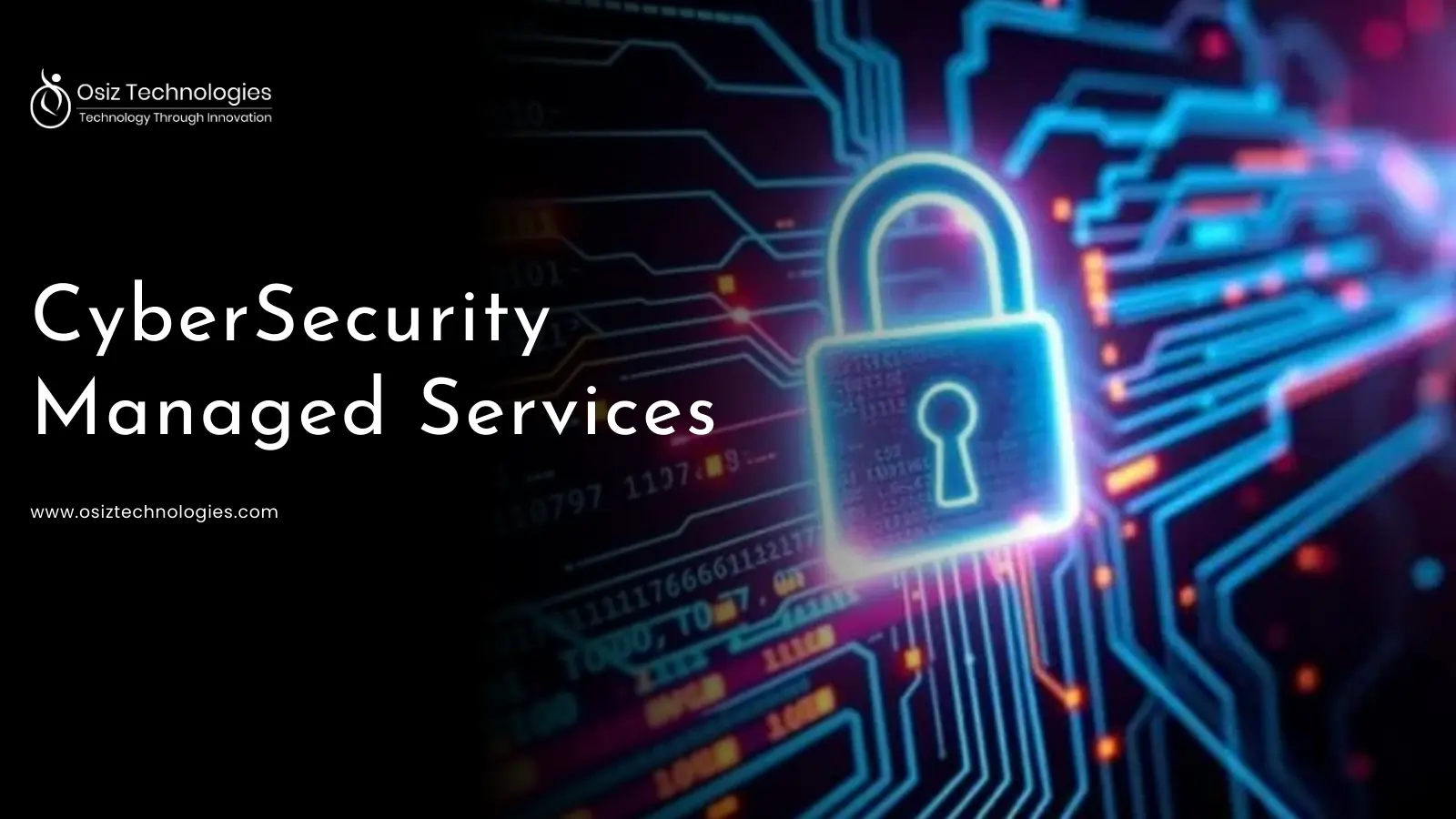As the world increasingly embraces blockchain technology, the demand for skilled blockchain developers continues to rise. Understanding the best blockchain programming languages is crucial for anyone looking to dive into this innovative field. This article explores the top programming languages for blockchain development, providing insights into their functionalities, advantages, and use cases. Whether you're a beginner or an experienced developer, this guide will help you navigate the landscape of blockchain programming.
Understanding Blockchain Technology
Before diving into specific programming languages, it's essential to grasp what blockchain technology is. At its core, blockchain is a decentralized ledger that records transactions across many computers securely. This decentralization ensures that no single entity has control, enhancing transparency and security. Blockchain has applications beyond cryptocurrencies, including supply chain management, healthcare, and finance.
Why Choose the Right Programming Language?
The choice of programming language can significantly impact the efficiency and scalability of blockchain applications. Different languages offer varying features, libraries, and community support, making some more suitable for specific tasks than others. Understanding the strengths and weaknesses of each language is vital for developing robust blockchain solutions.
1. Solidity: The Leading Language for Smart Contracts
Solidity is the most widely used programming language for developing smart contracts on the Ethereum blockchain. Its syntax is similar to JavaScript, making it relatively easy for developers familiar with web technologies to learn. Solidity allows for the creation of complex contracts that can automate transactions and enforce agreements.
Pros and Cons of Solidity
- Pros: Strong community support, extensive documentation, and a mature ecosystem.
- Cons: Limited to Ethereum and Ethereum-compatible blockchains.
2. Rust: A Robust Choice for Blockchain Development
Rust is gaining popularity in the blockchain space due to its performance and memory safety features. It is used in projects like Polkadot and Solana, where speed and security are paramount. Rust's strict compiler checks help developers catch errors early in the development process.
Pros and Cons of Rust
- Pros: High performance, memory safety, and concurrency support.
- Cons: Steeper learning curve compared to other languages.
3. Python: The Versatile Language for Blockchain
Python is renowned for its simplicity and readability, making it an excellent choice for blockchain development, especially for beginners. It has libraries like Web3.py that facilitate interaction with Ethereum and other blockchains.
Pros and Cons of Python
- Pros: Easy to learn, extensive libraries, and strong community support.
- Cons: Slower execution speed compared to compiled languages.
4. JavaScript: The Language of the Web
JavaScript is a versatile language that can be used for both frontend and backend development. With frameworks like Node.js, developers can create decentralized applications (dApps) that interact with blockchain networks.
Pros and Cons of JavaScript
- Pros: Ubiquitous in web development, large community, and numerous libraries.
- Cons: Security vulnerabilities if not properly managed.
5. Go: The Language for Scalability
Go, also known as Golang, is designed for building scalable and high-performance applications. It is used in blockchain projects like Hyperledger Fabric and offers excellent concurrency support.
Pros and Cons of Go
- Pros: Fast execution, easy to deploy, and strong support for concurrent programming.
- Cons: Limited libraries compared to more established languages.
6. Java: The Long-Standing Programming Language
Java has been a staple in software development for decades. Its portability and robustness make it suitable for blockchain applications. Projects like NEM and IOTA utilize Java for their blockchain solutions.
Pros and Cons of Java
- Pros: Strong performance, extensive libraries, and a large developer community.
- Cons: Verbose syntax and slower than some modern languages.
7. C++: The Foundation of Blockchain
C++ is often considered the backbone of blockchain technology. It was used to develop Bitcoin and remains relevant for projects requiring high performance and control over system resources.
Pros and Cons of C++
- Pros: High performance, control over memory management, and strong community support.
- Cons: Complexity and a steep learning curve.
8. Move: A Newcomer in Blockchain Programming
Move is a programming language developed for the Diem blockchain (formerly Libra). It focuses on safety and flexibility, allowing developers to create secure smart contracts.
Pros and Cons of Move
- Pros: Emphasis on security and safety, designed specifically for blockchain.
- Cons: Limited adoption and resources compared to more established languages.
9. Emerging Languages: The Future of Blockchain Programming
As blockchain technology evolves, new programming languages are emerging. Languages like Simplicity and SQL are being explored for their potential in blockchain applications. These languages aim to simplify the development process and enhance security.
Pros and Cons of Emerging Languages
- Pros: Tailored for blockchain, potential for innovation.
- Cons: Limited community support and resources.
10. Learning Blockchain Programming: Resources and Courses
For those looking to learn blockchain programming, numerous online courses and resources are available. Platforms like Coursera, Udemy, and edX offer courses tailored to various programming languages and blockchain concepts.
Actionable Steps to Start Learning
- Identify your preferred programming language.
- Enroll in online courses or tutorials.
- Join blockchain development communities for support.
- Work on real-world projects to gain practical experience.
Conclusion: Embrace the Future of Blockchain
Choosing the right programming language is crucial for anyone looking to develop blockchain applications. Each language has its strengths and weaknesses, making it essential to align your choice with your project requirements. As the blockchain landscape continues to evolve, staying updated on the latest trends and languages will empower you to create innovative solutions.
Connect with osiztechnologies to explore more about blockchain development and enhance your skills.
Listen To The Article












